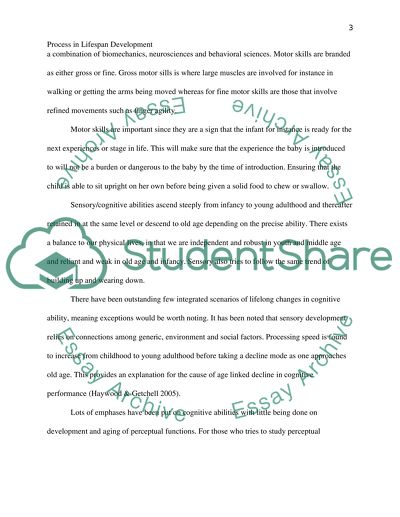Cite this document
(“Processes in Lifespan Development Research Paper”, n.d.)
Retrieved from https://studentshare.org/psychology/1440708-processes-in-lifespan-development
Retrieved from https://studentshare.org/psychology/1440708-processes-in-lifespan-development
(Processes in Lifespan Development Research Paper)
https://studentshare.org/psychology/1440708-processes-in-lifespan-development.
https://studentshare.org/psychology/1440708-processes-in-lifespan-development.
“Processes in Lifespan Development Research Paper”, n.d. https://studentshare.org/psychology/1440708-processes-in-lifespan-development.


